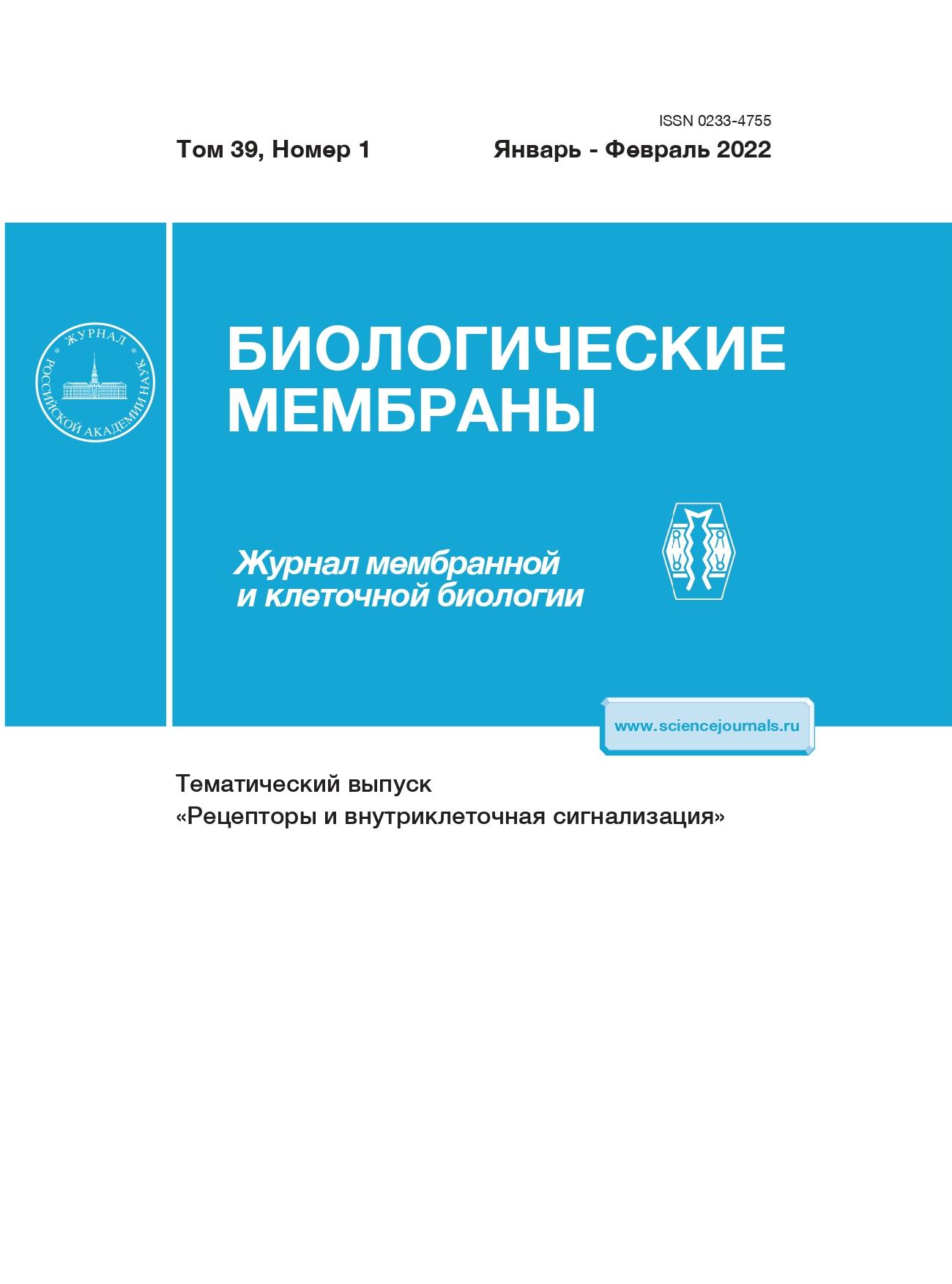
BIOLOGICHESKIE MEMBRANY
Journal of Membrane and Cell Biology

Journal of Membrane and Cell Biology
A. B. Gapeyev, T. G. Shcherbatyuk
Biochemistry (Moscow), Supplement Series A: Membrane and Cell Biology. 2020;14(3):184-193
Pages: 184-193
Skeletal muscle atrophy and mitochondrial dysfunction are critical consequences of disuse, such as that experienced during microgravity or prolonged bed rest. Glycogen Synthase Kinase 3 (GSK-3) is a serine/threonine kinase implicated in regulating both muscle mass and mitochondrial metabolism. This study investigated the role of GSK-3 activity in regulating mitochondrial biogenesis in the soleus, a postural muscle highly susceptible to atrophy, using a rat model of hindlimb unloading (HU). Rats were subjected to HU for a defined period, and the effect of pharmacological GSK-3 inhibition on mitochondrial markers was evaluated. We hypothesized that HU would suppress mitochondrial biogenesis, and that GSK-3 inhibition would counteract this effect. Our results demonstrate that HU significantly reduced the expression of key mitochondrial biogenesis regulators, including PGC-1α, and decreased mitochondrial content in the soleus muscle. Crucially, pharmacological inhibition of GSK-3 activity effectively mitigated the HU-induced suppression of PGC-1α and restored mitochondrial DNA content and respiratory capacity. These findings suggest that the elevated activity of GSK-3 during disuse is a central mechanism driving mitochondrial dysfunction and muscle atrophy. Targeting GSK-3 may represent a promising therapeutic strategy to preserve muscle health and mitochondrial integrity in conditions of prolonged mechanical unloading.